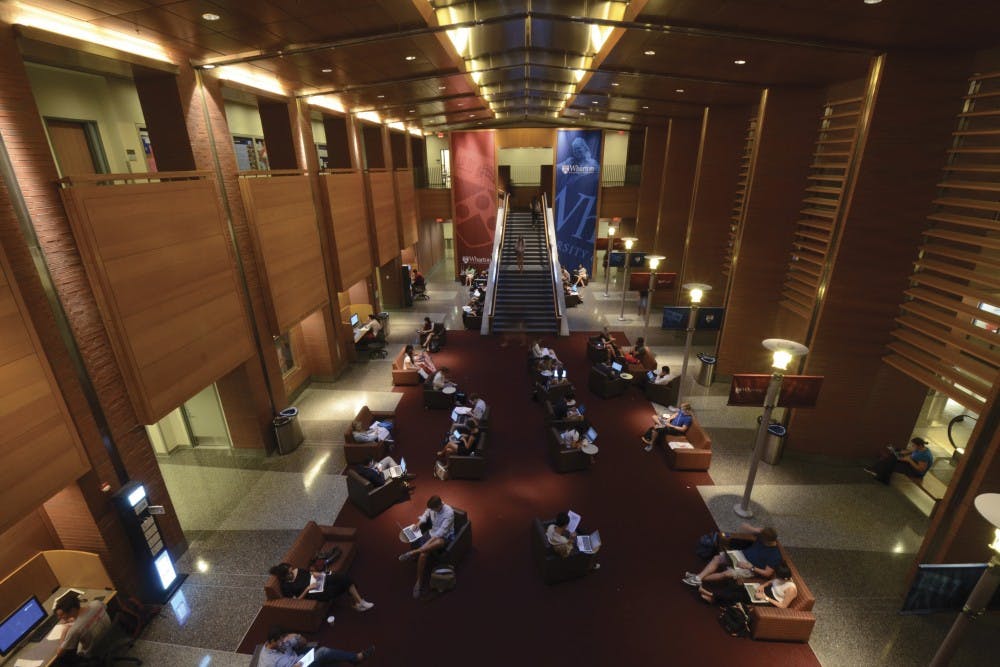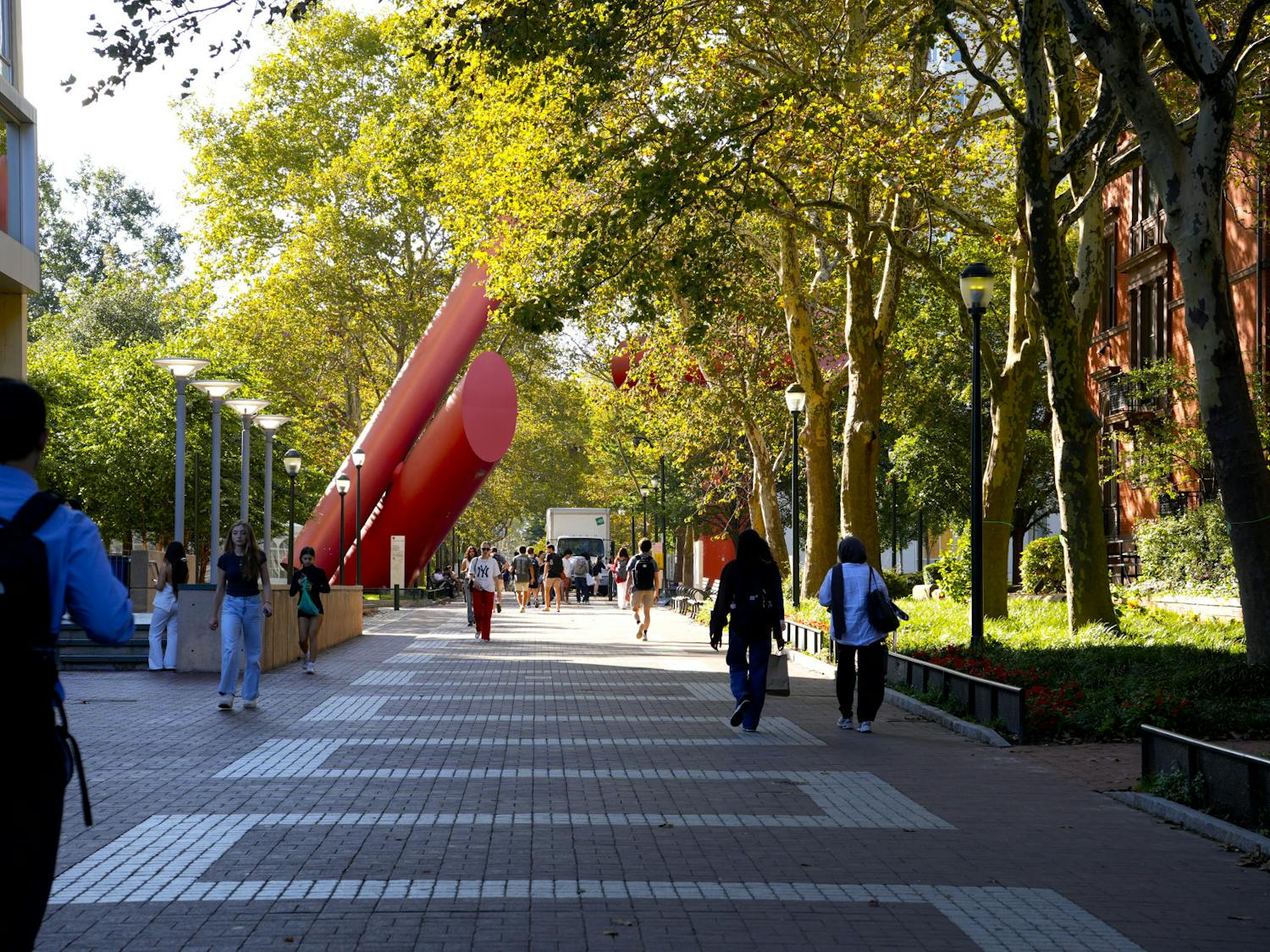The Penn Wharton Startup Challenge, formerly known as the Wharton Business Plan Competition, is back with a new name and a mission to foster innovative and entrepreneurial spirit beyond the Wharton School.
Organized by Penn Wharton Entrepreneurship, the competition is open to applications from every school at Penn, including undergraduate and graduate students. The application deadline for the event is Feb 1.
The renaming of the competition stems primarily from Penn Wharton Entrepreneurship’s aim to encourage diversity in student representation. The change was instilled after Penn Wharton Entrepreneurship came under the new leadership of Vice Dean of Entrepreneurship and Innovation, Wharton professor Karl Ulrich.
Associate Director at Penn Wharton Entrepreneurship and event organizer Jill Anick said that the change in leadership led to the program re-evaluating the way in which they provided entrepreneurial opportunities for students.
“The reason for renaming our challenge the Penn Wharton Startup Challenge was to just try to be explicit that we welcome and really want students from all across university to participate,” Anick said.
Anick added that the focus of the competition has shifted from the creation of business plans to the presentation of startup ideas, so as to better prepare students for real-life business situations.
This refocusing has led to structural changes in the competition’s organization. To apply, teams are no longer required to submit business plans. Instead, they must submit pitch decks or pitch videos for their startup ideas.
“Business plans are outdated,” Anick said. “We wanted to recognize that. We wanted to make sure that we fit what the current climate of entrepreneurship is doing.”
Associate Director at Penn Wharton Entrepreneurship Nadine Kavanaugh added that the competition is also attempting to better cater to the rising student interest in entrepreneurship at Penn.
“Students are no longer coming in with ideas alone. They are serious companies,” Kavanaugh said. “They are launching their ideas in a microcosm of the world of entrepreneurship.”
The competition further aims to educate students in the pursuit and realization of entrepreneurial ideas via interactions in feedback rounds and in-person pitching sessions. These interactions involve Penn alumni, venture capitalists and industrialists who prompt students to consider minute details that may have been overlooked during the creation of the venture.
“Maybe they’re not thinking about a marketing plan or how are they going to scale or what kind of funding they would need,” Anick said. “Doing a competition forces them to think through these things so when they’re out in the real world they’re better prepared to answer them.”
Anick and Kavanaugh said that the Penn Wharton Entrepreneurship program is most excited to see the extent and growth of innovative thinking across Penn’s campus at this year’s competition.
“This event is bringing in not just the students who are participating in the competition, but also students who are engaged in other entrepreneurial activities, into one place to showcase the best of the best of Penn entrepreneurship,” Anick said.









